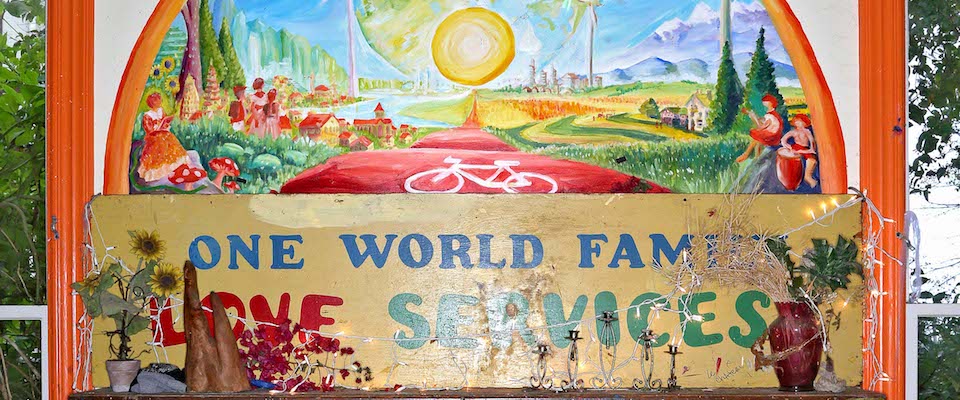Last Summer on Reddit, someone posted a picture of the house rules at the Person of Color Berkeley Student Cooperative, also called Castro House, that stated “white guests are not allowed in common spaces.” Student cooperatives serve UC Berkeley students, but they are separate from the university and self-governed.
The Castro House rules explained that “many POC members moved here to be able to avoid white violence and presence,” and asked that their “decision of avoidance” be respected. To date, the post has prompted more than 600 comments and garnered national media attention.
In a segment titled “Impact of ‘Wokeness’ on College Campuses,” Fox News invited CJ Pearson, a conservative Black student from the University of Alabama, with no apparent knowledge or experience of Cal, to comment. After citing an NBC News poll showing that nearly half of college students would not share a dorm with someone who supported the opposite presidential candidate in 2020, Fox and Friends host Will Cain called UC Berkeley a place “of people who not only don’t want to room with someone of a different political belief but someone of a different race.”
This didn’t surprise Pearson. He called it par for the course “for a state like California.” Luckily for him, he said, he goes to a school in God’s Country, “where something like that would never happen.”
Since the news didn’t receive much local media attention or any coverage in the Daily Californian, I wanted to use this column to give Cal students from both sides of the political spectrum an opportunity to share their views on the matter. (Castro House did not respond to my request for an interview.)
Cecilia Lunaparra ’24, president of Cal Berkeley Democrats, said the discrimination that people of color face every day gives them the right to create a safe space where they can feel comfortable.
“I believe that it is impossible to address racial inequality without taking into account the historical and ongoing systemic violence against people of color,” Lunaparra wrote in an email. “It is simplistic and fallible to compare a policy such as this with segregation or racism against people of color in the United States, as those are possible due to white people holding structural power in society and creating the social and economic disparities that threaten an equal society.”
Berkeley College Republicans (BCR) spokesperson Utkarsh Jain ’25 said that discriminating against white people is still racist and “also against the law.”
But Lunaparra insisted that minorities have a right to refuse to engage with “opinions that might threaten their existence.” The Cal Berkeley Democrats, she pointed out, “do not participate in debates with conservative or Republican groups on campus because we believe that they are often done in bad faith, do not contribute to any sort of material benefit, and ultimately legitimize reactionary politics.”
For its part, Jain said BCR welcomes debate with those of opposing views. “Even though we might not agree with it, we still allow that conversation to happen, allowing viewpoints to be expressed, no matter what side they’re on.”
Asked whether there are spaces on campus where people with different opinions can come together, Lunaparra pointed to Sproul Plaza as a place where students can be exposed to different ideas and perspectives. Jain, however, said BCR experienced hostility when tabling on campus. “We get shut down, we’re ridiculed, our flyers are torn down, tables are flipped over,” he said.
One thing Lunaparra and Jain agree on: Berkeley students are far less politically engaged than they are reputed to be.
Personally, as a Muslim whose views of the world are not well represented on the political spectrum, I often feel uncomfortable expressing myself in classroom and social settings because my ideas don’t always conform to the status quo. As a person of color, I also understand the need and desire to have a safe space, with people who look and think like me. It’s human nature to want to have a sense of belonging.
At the same time, I feel safe spaces can be harmful to our emotional, personal, and intellectual development because they prevent us from being able to converse with and confront people who are different from us without feeling threatened. While I support spaces designed for marginalized groups, we shouldn’t explicitly ban the presence of other people from those spaces based on their race, gender, religion, class, etc.
We should work toward fostering a different kind of space where we are able to converse with people who are different from us in a respectful and fruitful manner. After all, the world is not a safe space where everyone thinks and looks alike. College campuses should not coddle students but prepare them to be strong and confident citizens in a world filled with differences and disagreements.
Dhoha Bareche is California’s student columnist for 2022–23. She is majoring in political economy with a minor in journalism.





















